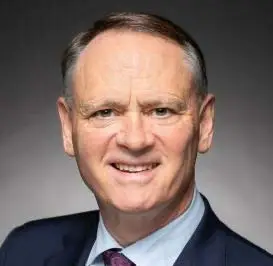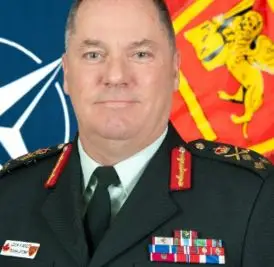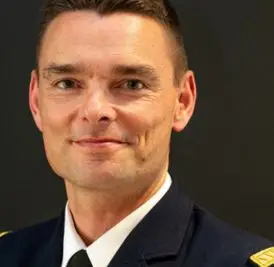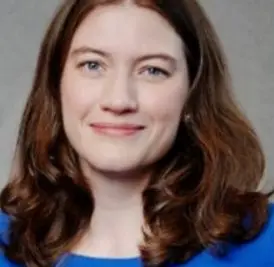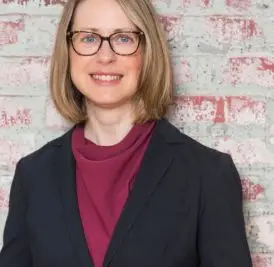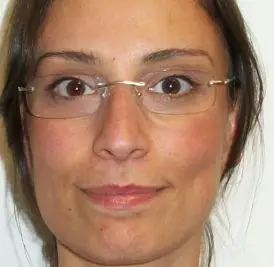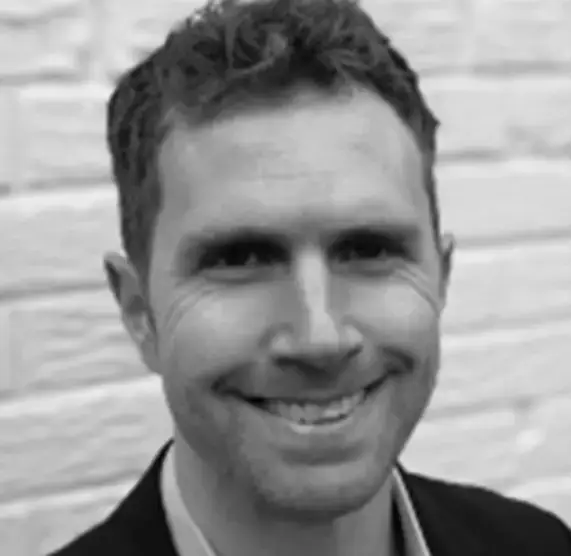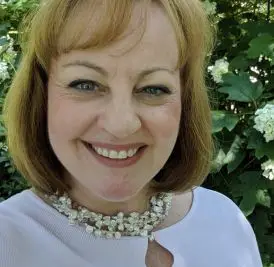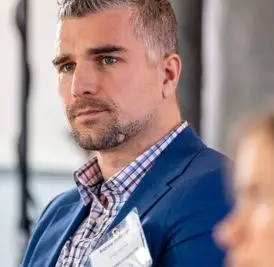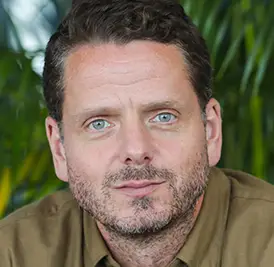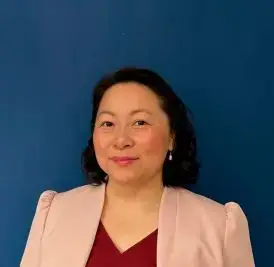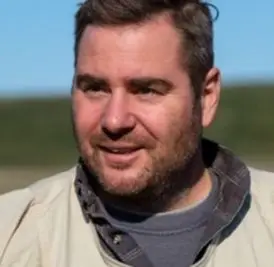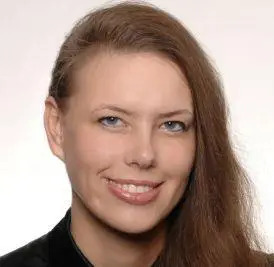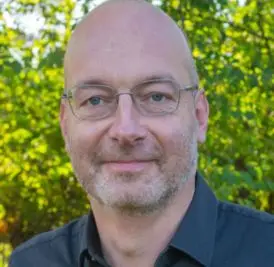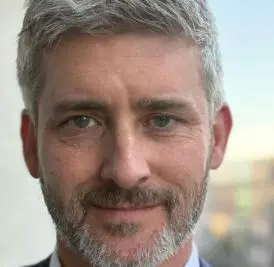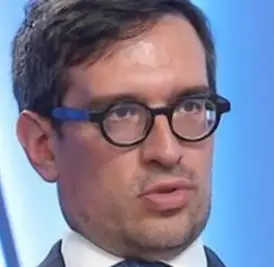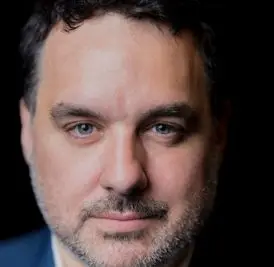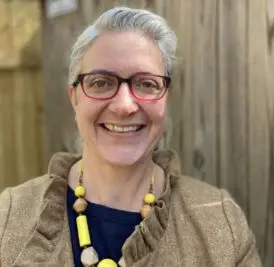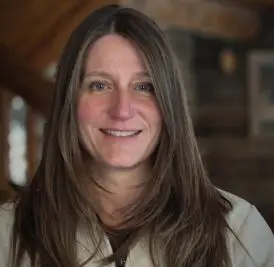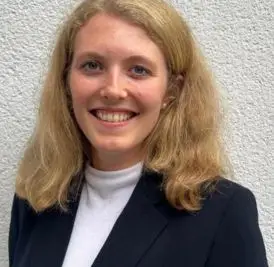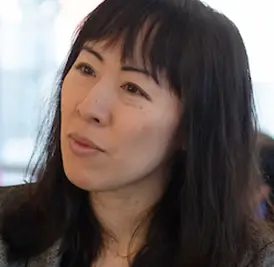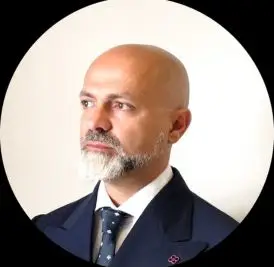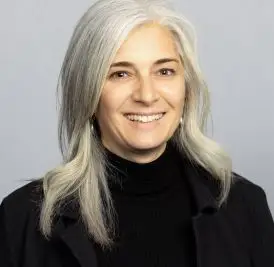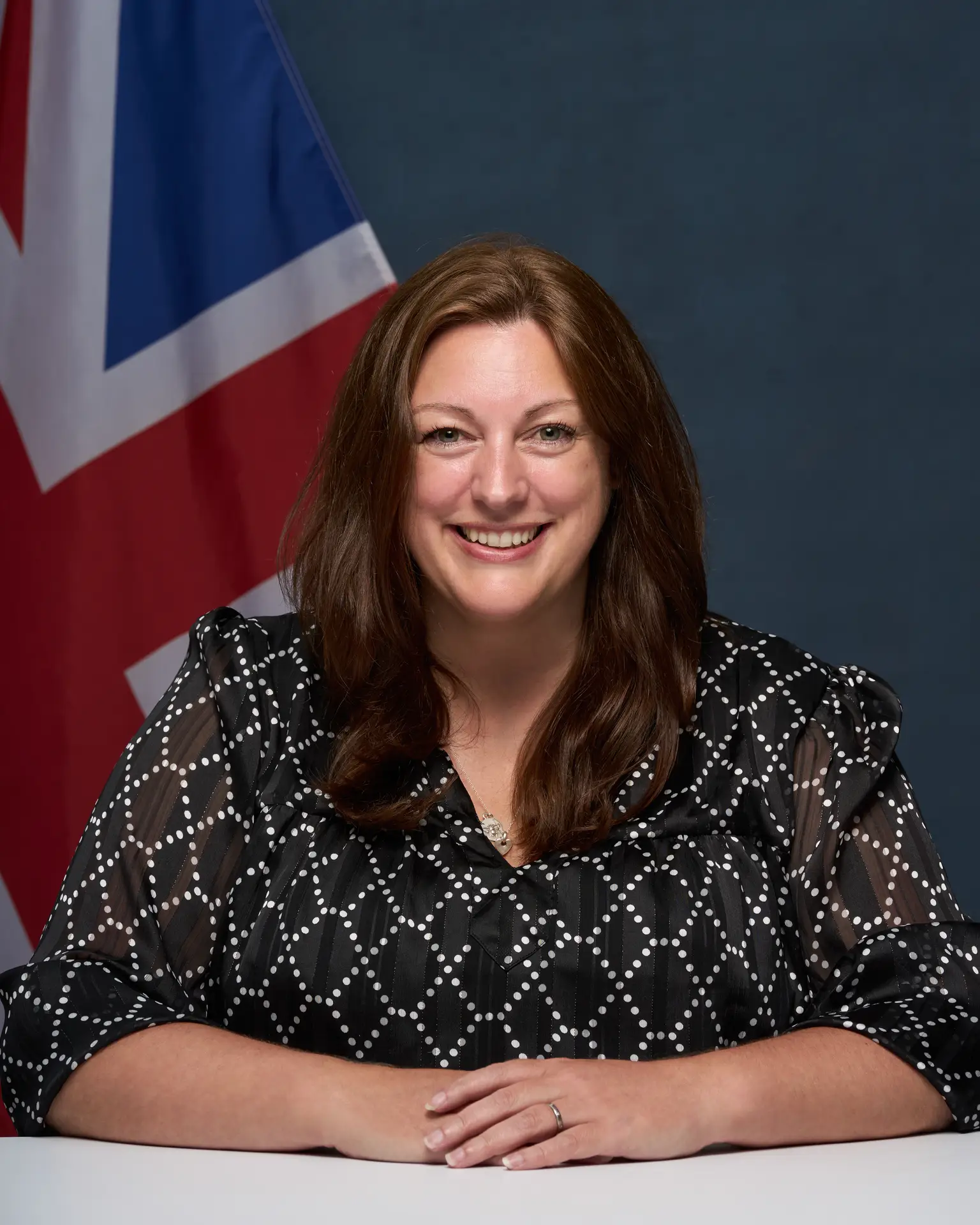Montreal Climate Security Summit 2025

About
The NATO CCASCOE and the Conference of Defence Associations (CDA) Institute are proud to announce the 4th Montreal Climate Security Summit, which will take place on October 8-9, 2025, in Montreal, Canada.
The Montreal Climate Security Summit is an annual international meeting at the intersection of climate change and security, serving as a key venue for the global climate security community. It brings together military and civilian practitioners, policy leaders, researchers, civil society and industry stakeholders.
This year’s edition will focus on strengthening military adaptation in the face of climate risks, including technical, scientific, and operational discussions exploring how armed forces can plan and execute activities across all domains in an operational environment shaped by climate change. The Summit will span over two days and will feature a mix of plenary panels, roundtables (up to 80 participants) and workshops (up to 50 participants) designed to further strengthen cross-sectoral dialogue across the community of interest, foster solutions-oriented discussions, and drive actionable outcomes.
The Montréal Climate Security Summit is supported by the Department of National Defence’s Mobilizing Insights in Defence and Security (MINDS) program.
Special Thanks to our Lead Event Sponsor
The Conference of Defence Associations (CDA) Institute and NATO Climate Change and Security Centre of Excellence (CCASCOE) would like to extend a special thanks to the Sustainable Markets Initiative for their support.
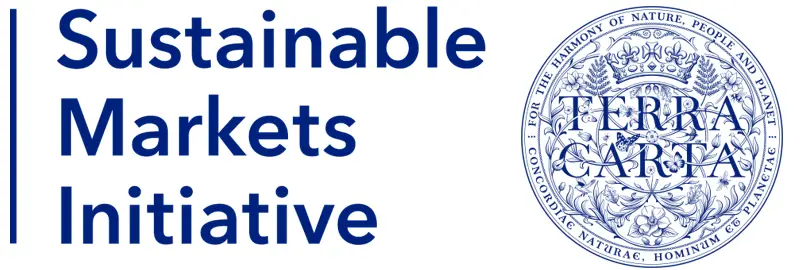
Key Themes
The Summit will explore the following key themes through action-oriented discussions:
- Current and future climate security threats
- Regional challenges
- Resilience of military infrastructure and equipment and climate-induced operational challenges for military forces
- Increased readiness and resilience through low-carbon warfare
- Climate wargaming
- Science and emerging technology
- Climate prediction tools and strategic foresight
- Cross-sectoral cooperation
About the Organizers

The 4th edition of the Montreal Climate Security Summit is co-hosted by the NATO Climate Change and Security Centre of Excellence (CCASCOE) and the Conference of Defence Associations (CDA) Institute, building on the successful partnership initiated with the 3rd edition, in 2024.
The first two editions of the Summit were led by the CDA Institute. With the establishment of the CCASCOE in Montreal in 2023, the two organizations have joined forces to build on previous efforts and generate a landmark venue to discuss climate security between NATO Allies and beyond.
The Conference of Defence Associations is a leading defence and security think tank founded in 1932, which brings together 45 member associations representing over 400,000 active and retired members of the Canadian Armed Forces and Canadians with a close connection to national defence and security.
In 1987, the CDA founded a separate Institute as a charitable organization with the mission to advance informed debate on national security issues. As the first dedicated programme in a Canadian defense think tank, the CDA Institute’s Climate Security Programme positions the Institute at the forefront of efforts to understand and address the complex intersections between climate change and Canadian security and defence - including operational readiness, geopolitical risks, and societal resilience. Through its activities promoting expertise, research and analysis on the climate-security nexus, the Climate Security Programme aims to: inform the national debate and Canada’s role in global policy efforts on climate security; strengthen the Canadian climate-security community of practitioners, scholars, policymakers and industry stakeholders; advance interdisciplinary approaches to climate security; and support the development of practical solutions to mitigate and adapt to the emerging defence and security challenges shaped by climate change.
The CCASCOE is the 30th NATO Centre of Excellence. Canada, the framework nation, was joined in contributing to this centre by Denmark, France, Germany, Greece, Italy, Latvia, Luxembourg, Norway, Romania, Türkiye and the United Kingdom. Its opening in October 2023 and its accreditation to NATO in May 2024 represent milestones to address the implementation of the NATO Climate Change and Security Action Plan and contribute to NATO’s overall military readiness, deterrence and defence posture. To achieve its objectives, CCASCOE’s mission is based on four pillars: Increasing Allied awareness of the security implications of climate change; Adapting to the impact of climate change across NATO and beyond; Mitigating NATO’s impact on climate change while preserving and strengthening our military effectiveness and interoperability; and Conducting outreach and strengthening cooperation with a wide range of stakeholders. CCASCOE aims to be an internationally recognized hub of expertise on climate change and security for military and civilian experts and decision-makers.
What to Expect
Participants are encouraged to bring their expertise and experience to bear on the conversation. The event is designed to foster interdisciplinary dialogue and facilitate the ideation of solutions. It is an opportunity to engage with our speakers and ask questions that break out traditional disciplinary and policy silos.
Programme Overview
The Summit will span two days and will feature a mix of plenary panels, roundtables (up to 80 participants) and workshops (up to 50 participants) designed to further strengthen cross-sectoral relationships across the community of interest, foster solutions-oriented discussions, and drive actionable outcomes. Through these discussions, we aim to support armed forces in enhancing resilience, operational effectiveness, strategic readiness, and force projection.
Plenary sessions and keynote speeches will contribute to the common understanding of the current state of climate security and the main challenges and opportunities for the coming decades. Roundtables and workshops will be led by the event organizers (CCASCOE and the CDA Institute) and external partners. This collaborative approach will ensure that each session is informed by leading expertise and a diversity of practical experience from across the climate security community.
Speakers
This list will be updated regularly as speakers are confirmed. Please check back often to stay updated.
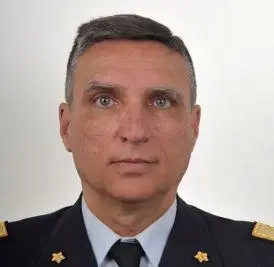
Brigadier General Luca Baione
Permanent Representative of Italy to the World Meteorological Organization
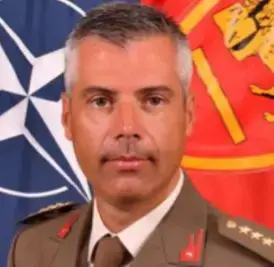
Colonel Giancarlo Turco
Senior Staff Officer, Policy and Capability Division, NATO International Military Staff
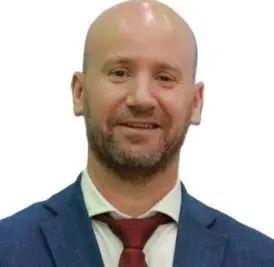
Dr. Elton Qendro
National Programme Officer, Organization for Security and Co-operation in Europe (OSCE)
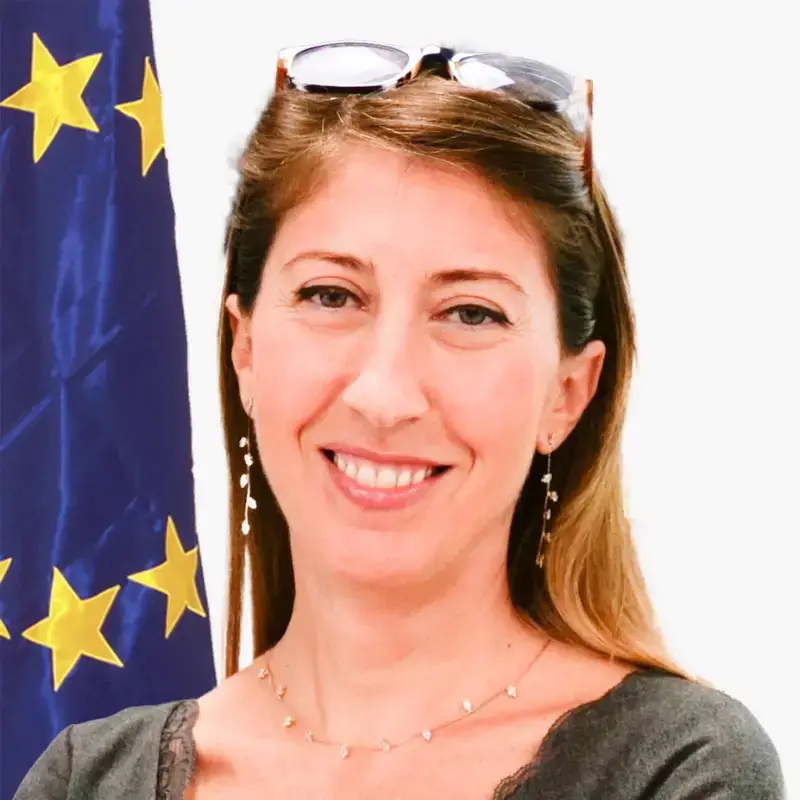
Ms. Alessandra Ussorio
Capability Development Coordinator, European Union Satellite Center (EU SatCen)
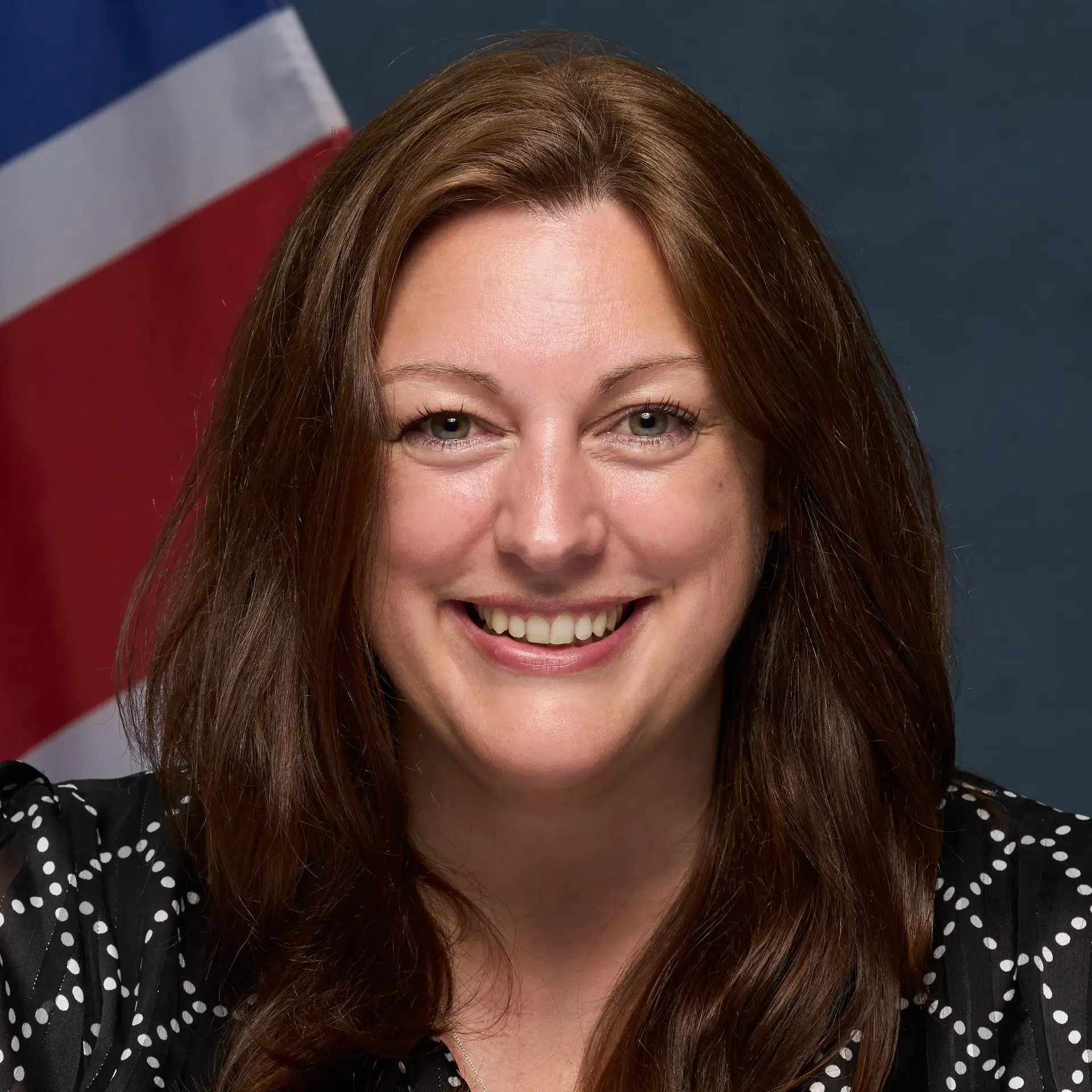
Dr. Katie Woodward
Head of Research, Analysis and Lessons Learned, NATO Climate Change and Security Centre of Excellence (CCASCOE)
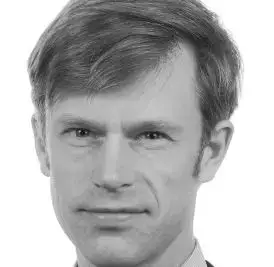
Dr. Benjamin Pohl
Head of Programme, Climate Diplomacy and Security, Adelphi, member of the German NIKE consortium

Ms. Christina Bouri
Research Associate, Middle East Studies, David Rockefeller Studies Program Council on Foreign Relations
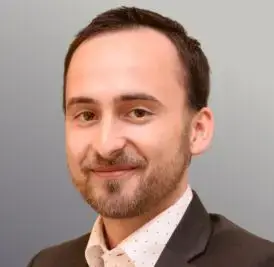
Mr. Daniel Mittermaier
Research Associate, Center for Crisis Early Warning (CCEW), University of the Bundeswehr (German Armed Forces), Munich
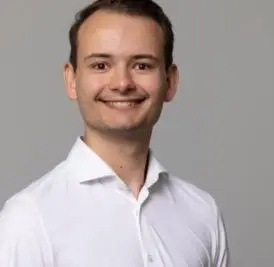
Mr. Emil Marc Havstrup
Research Fellow, Planetary Security Initiative and the EU & Global Affairs Unit of the Clingendael Institute
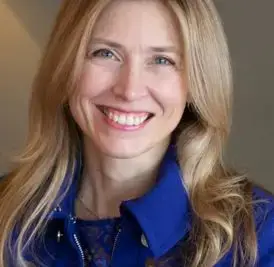
Ms. Jennifer Jordan-Saifi
M.V.O., MBA – Chief Executive Officer, Sustainable Markets Initiative
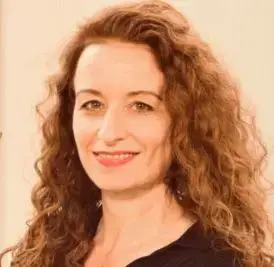
Ms. Laura Birkman
Director of the Climate, Water, and Food Security Programme, The Hague Centre for Strategic Studies
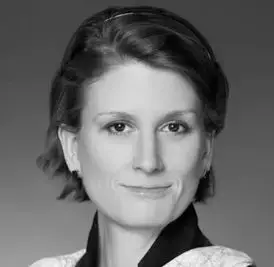
Ms. Caroline Baxter
Director, Converging Risks Lab, and Senior Advisor, Center for Climate and Security (CCS), Council on Strategic Risks
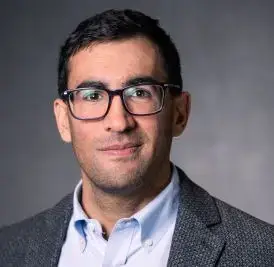
Dr. Daniele Visioni
Assistant Professor, Earth and Atmospheric Sciences, Cornell University
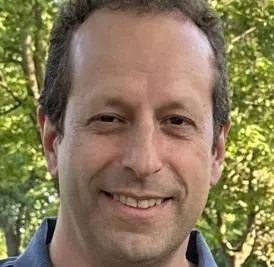
Dr. Tom Deligiannis
Adjunct Professor in the Department of Global Studies, Wilfrid Laurier University
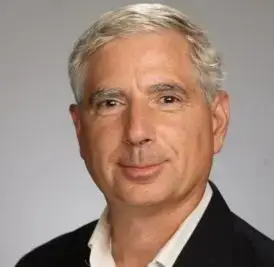
Dr. Alex Kolker
Fellow, CCASCOE; Associate Professor, Louisiana Universities Marine Consortium; Head, Coastal Climates Institute Dr. Andrea Gilli – Senior Researcher, NATO Defense College; Stanford Affiliate; Senior Advisor for Italian Ministry of Defence

Ms. Penny Beames
Water and Strategic Vulnerabilities Specialist, Global Water Security Center, University of Alabama
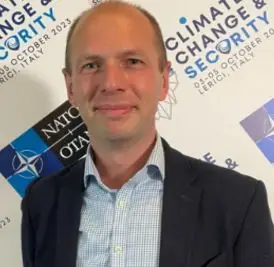
Mr. Tom Odell
Chief Analyst for Climate Change and Sustainability, Defence Science and Technology Laboratory (Dstl)
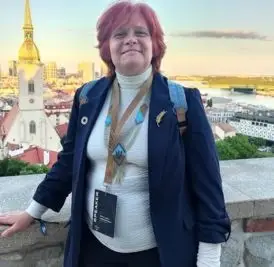
Dr. Svitlana Krakovska
Head of the Laboratory of Applied Climatology, The Ukrainian Hydrometeorological Institute of the State Emergency Service and National Academy of Sciences of Ukraine
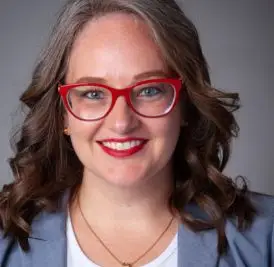
Ms. Jessica Olcott Yllemo
Executive Committee, Global Military Advisory Council on Climate Change, CNA Field Representative, CNA Corporation
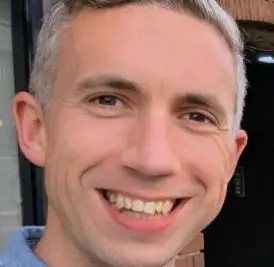
Mr. Rikki Parsons
Principal Wargaming Analyst Defence Science and Technology Laboratory (Dstl)

Mr. Andrew Crooks
Analyst, Defence Wargaming Center UK Defence Science and Technology Laboratory (Dstl)
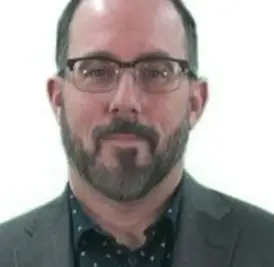
Dr. Bruno Charbonneau
Professor of International Relations, Royal Military College Saint-Jean
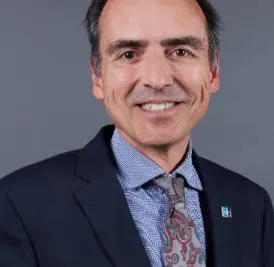
Mr. Aniello Russo
Head, Climate Change and Security Section NATO STO Center for Maritime Research and Experimentation (CMRE)

Dr. Giovanni Fusina
Natural Hazards portfolio manager Defence Research Development Canada Center for Security Science (CSS)
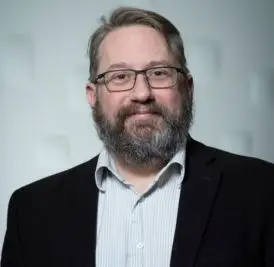
Dr. Matthew Huber
Professor in the Earth, Atmospheric, and Planetary Sciences Department Purdue University

Ing. Jan Lukačevič
Garantor of Moving to Aerospace - MAE projec Prague Innovation Institute
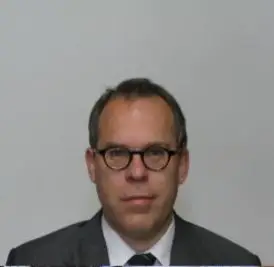
Mr. Marcus Hicken
Director for Energy Diplomacy, Climate and Security Federal Foreign Office
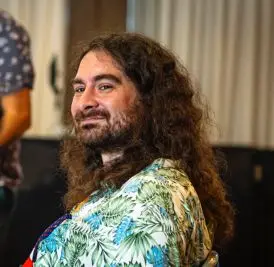
Mr. Philip Newell
Communications co-chair, Climate Action Against Disinformation Global Strategic Communications Council
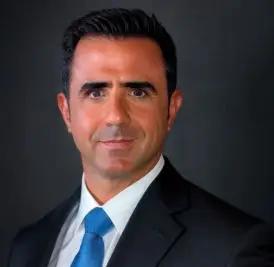
Mr. Georgios Zisis
Staff Officer – Energy Security, Environmental Protection & Climate Change NATO Joint Force Command Naples
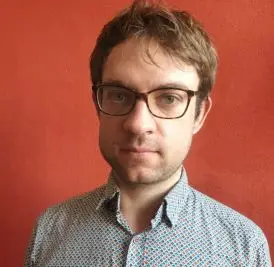
Dr. Anselm Vogler
Communications co-chair, Climate Action Against Disinformation Global Strategic Communications Council
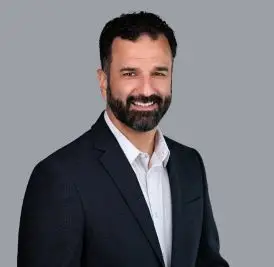
Mr. Dan Doran
Vice-President of Business Development and Marketing, ADGA Group, Director, Defence and Climate Security Sustainable Markets Initiative (SMI)
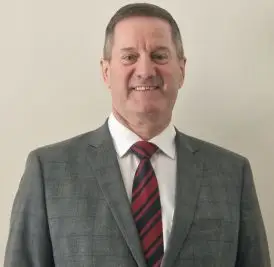
Dr. Lloyd Chubbs
Environmental Management and Energy Management Advisor Canadian Joint Operations Command

